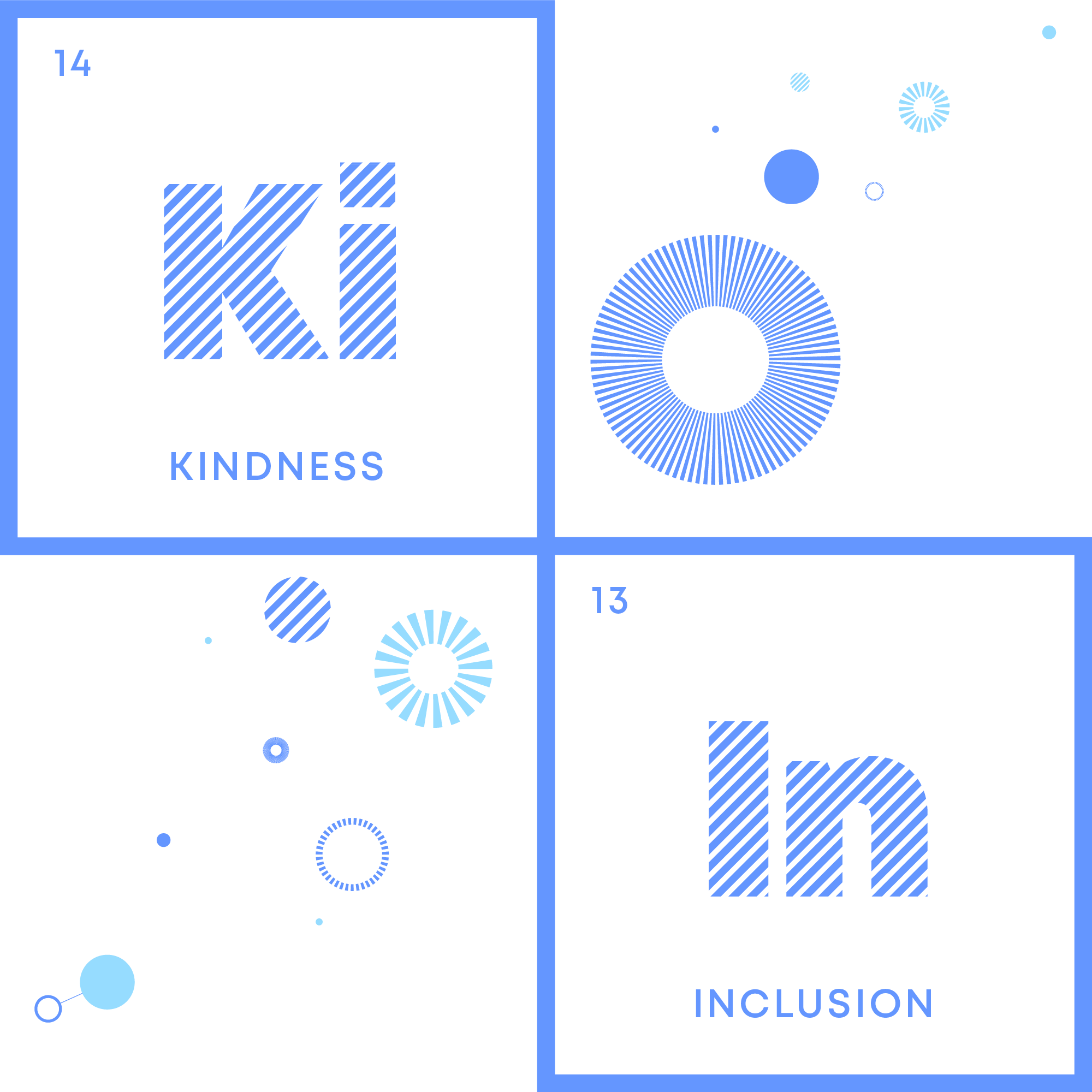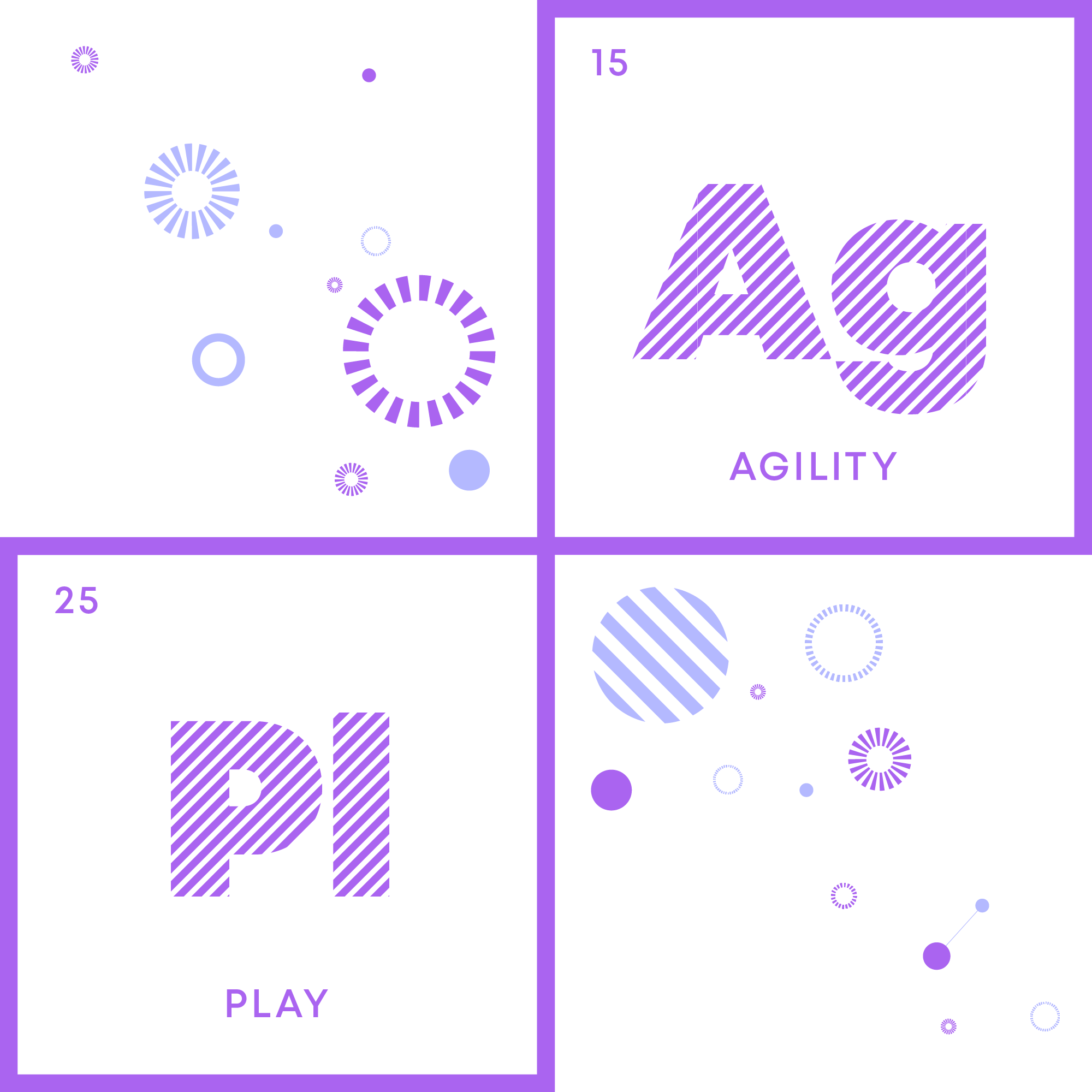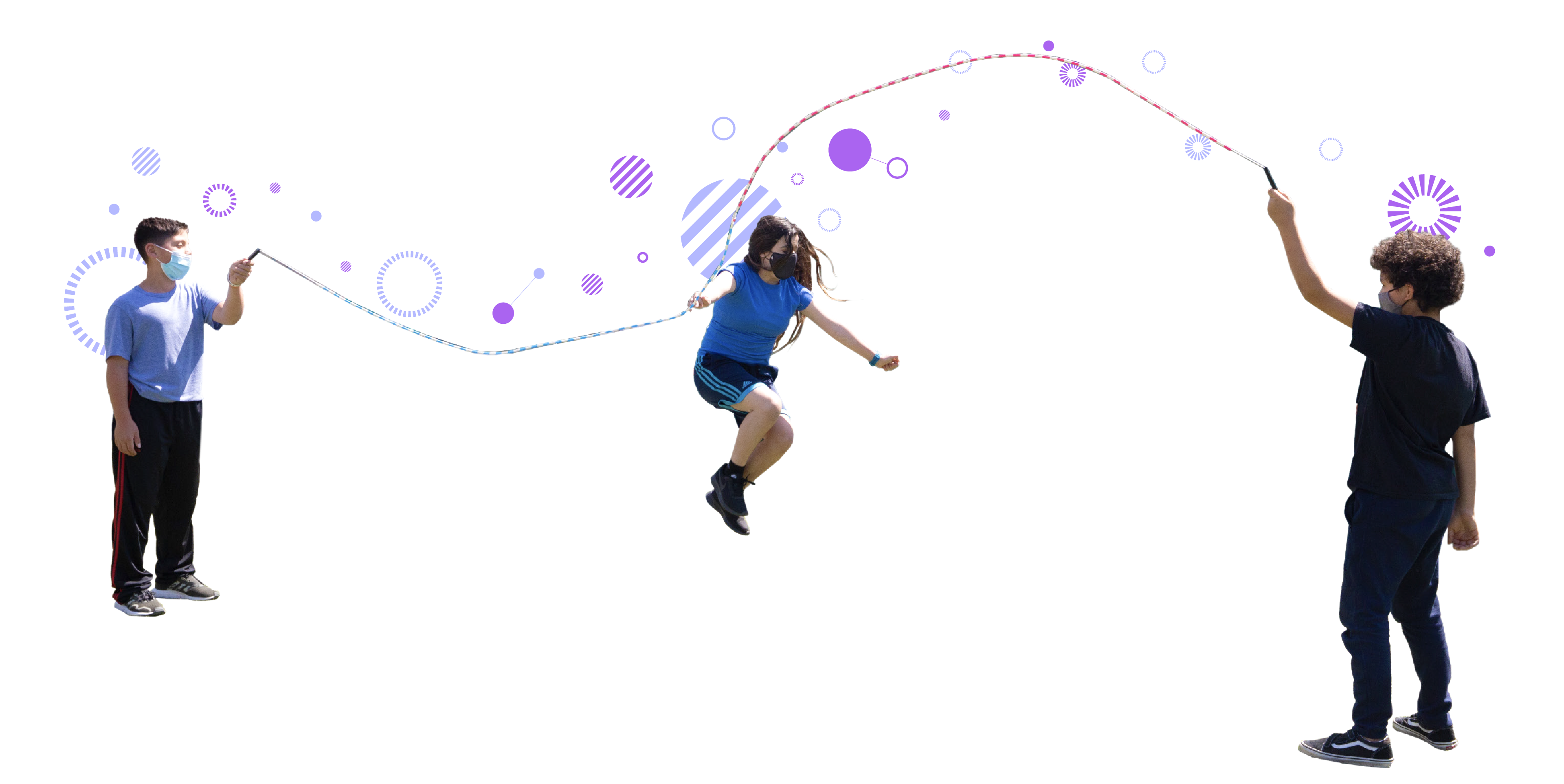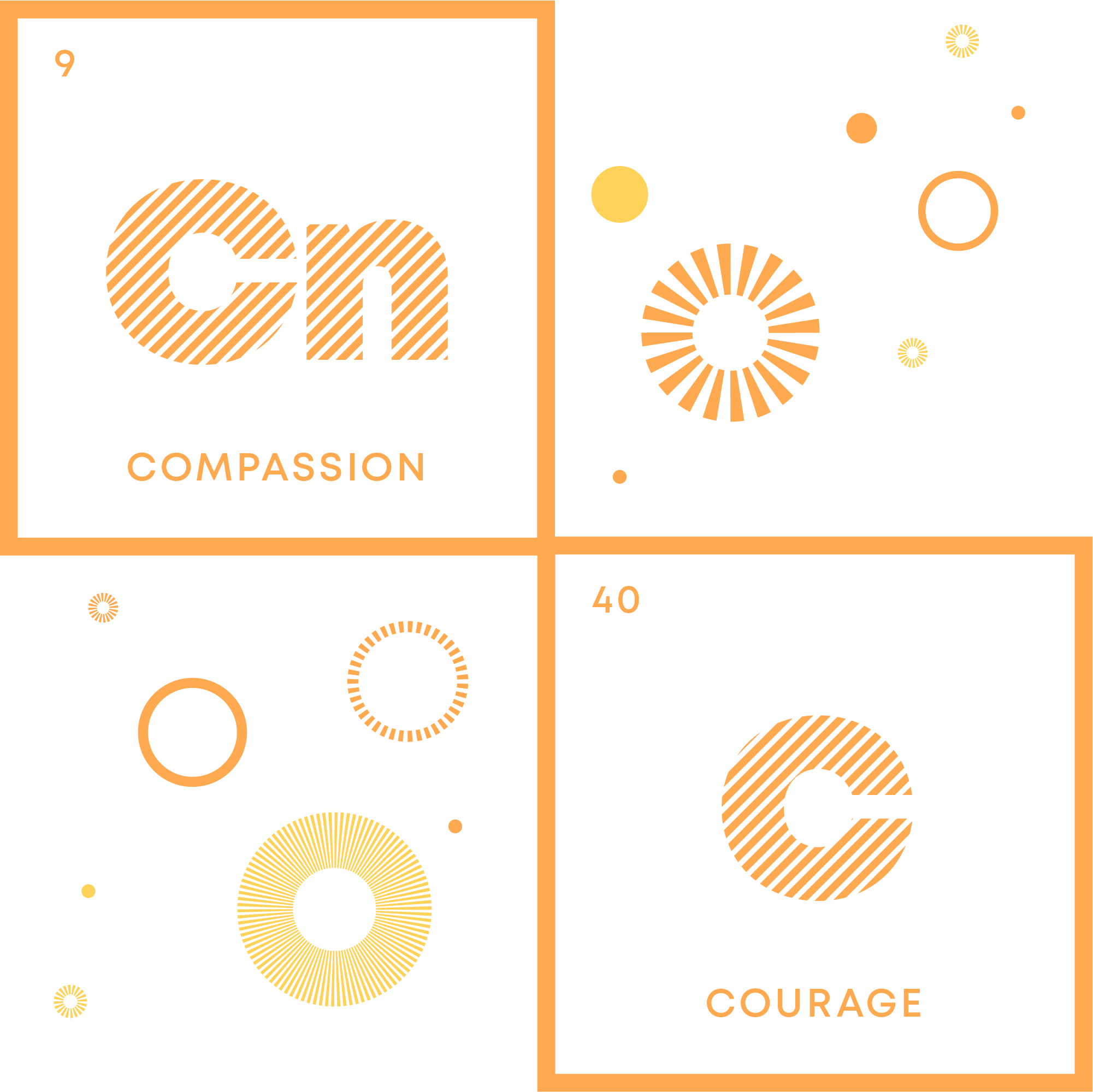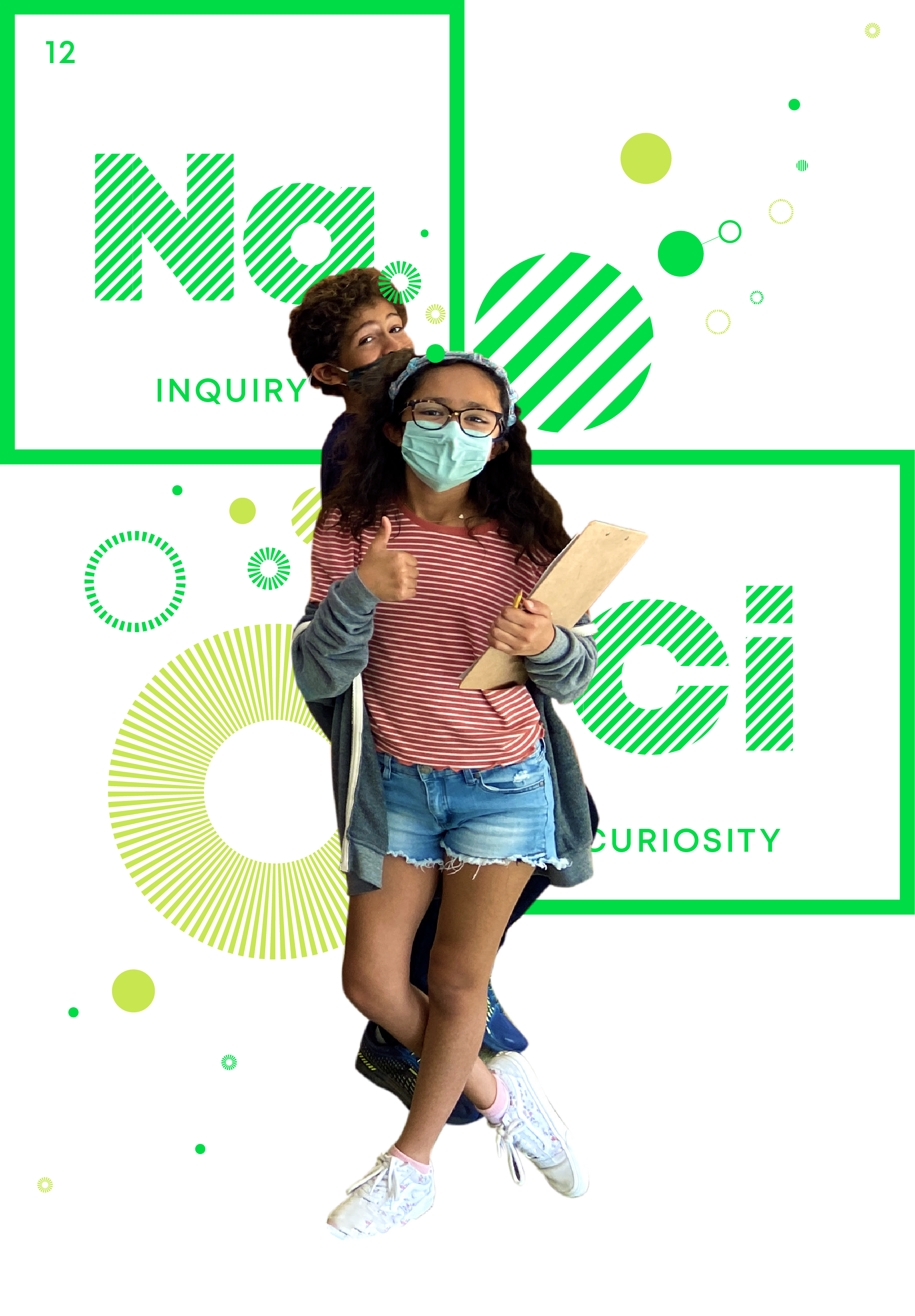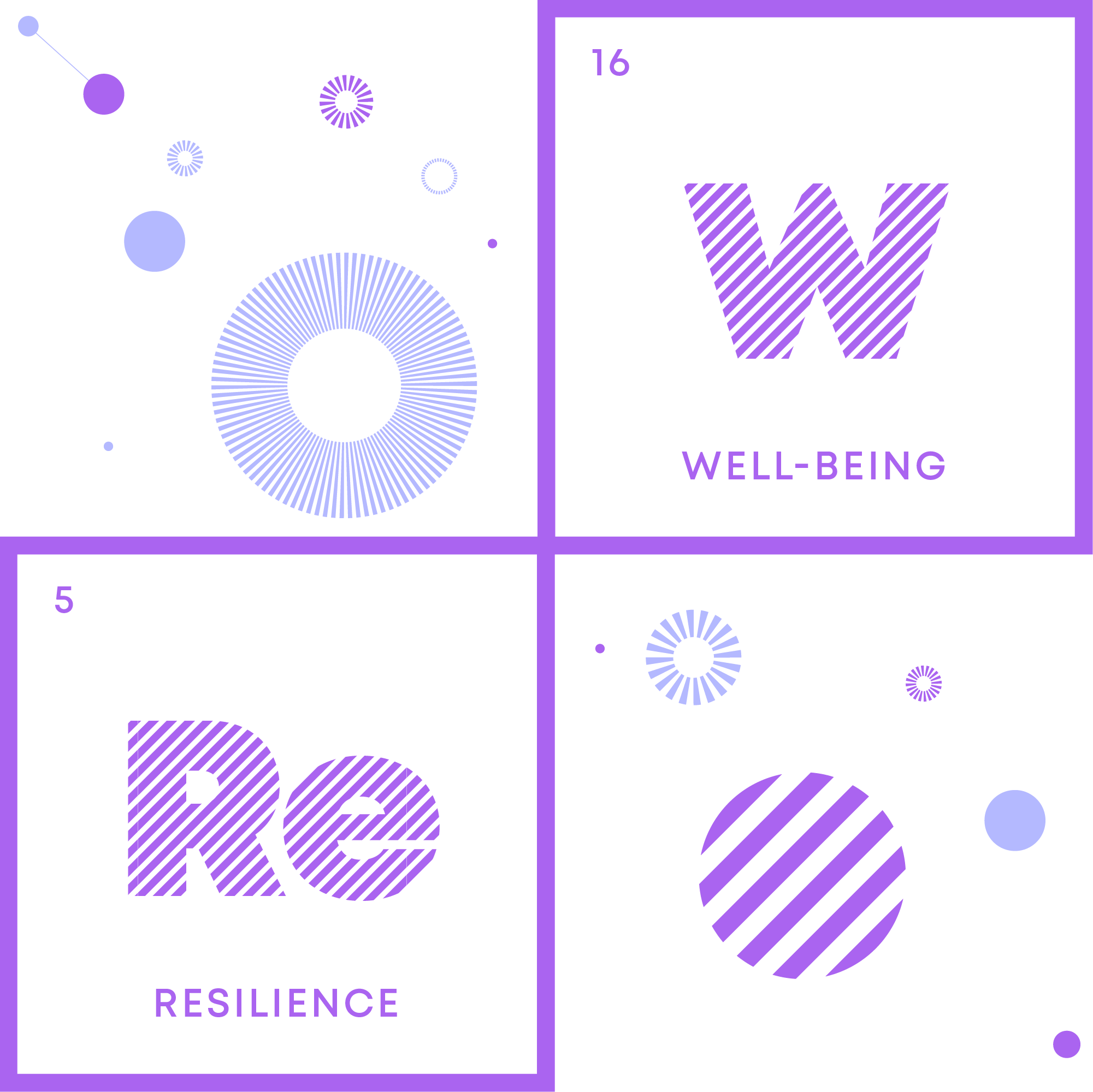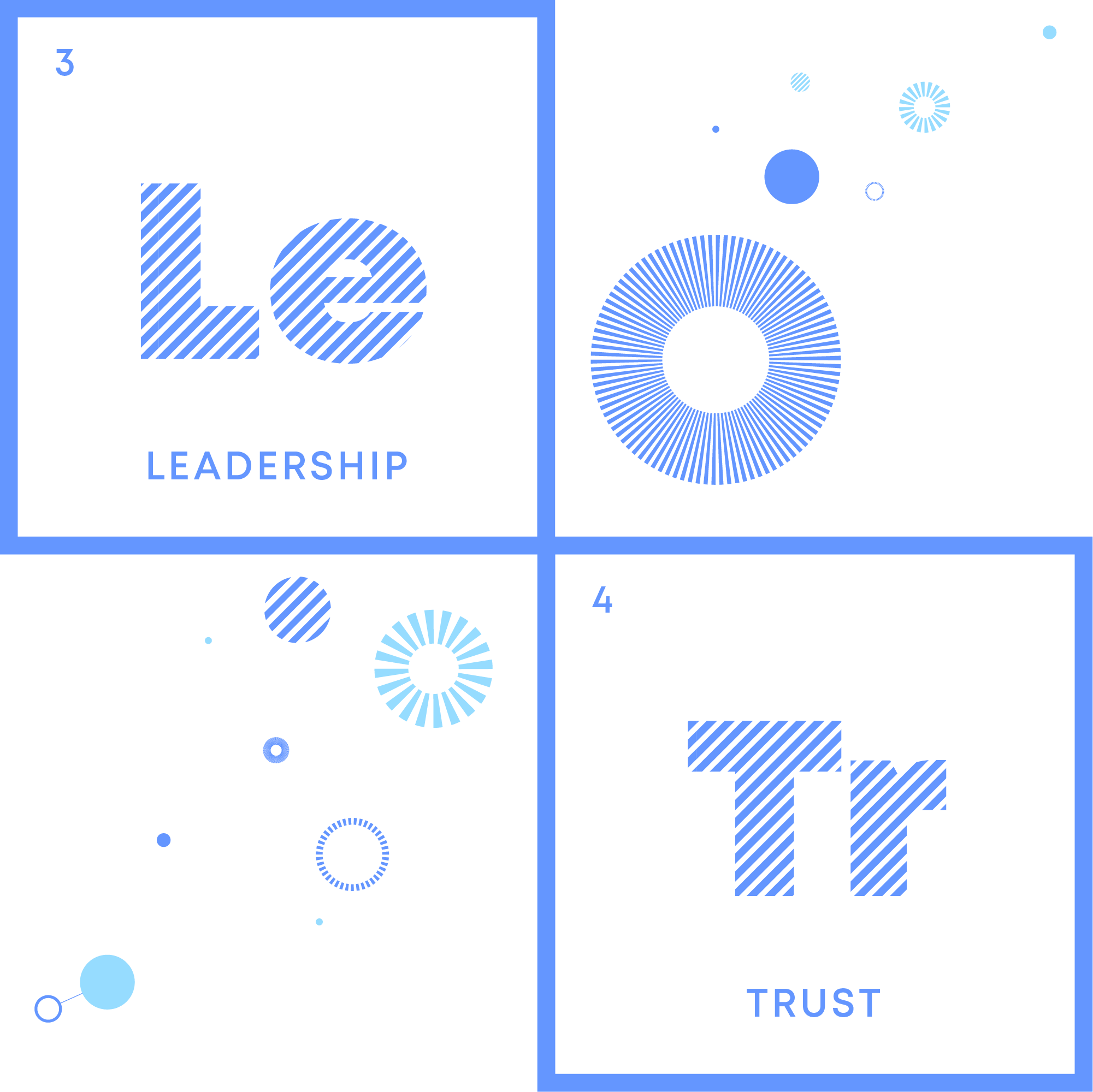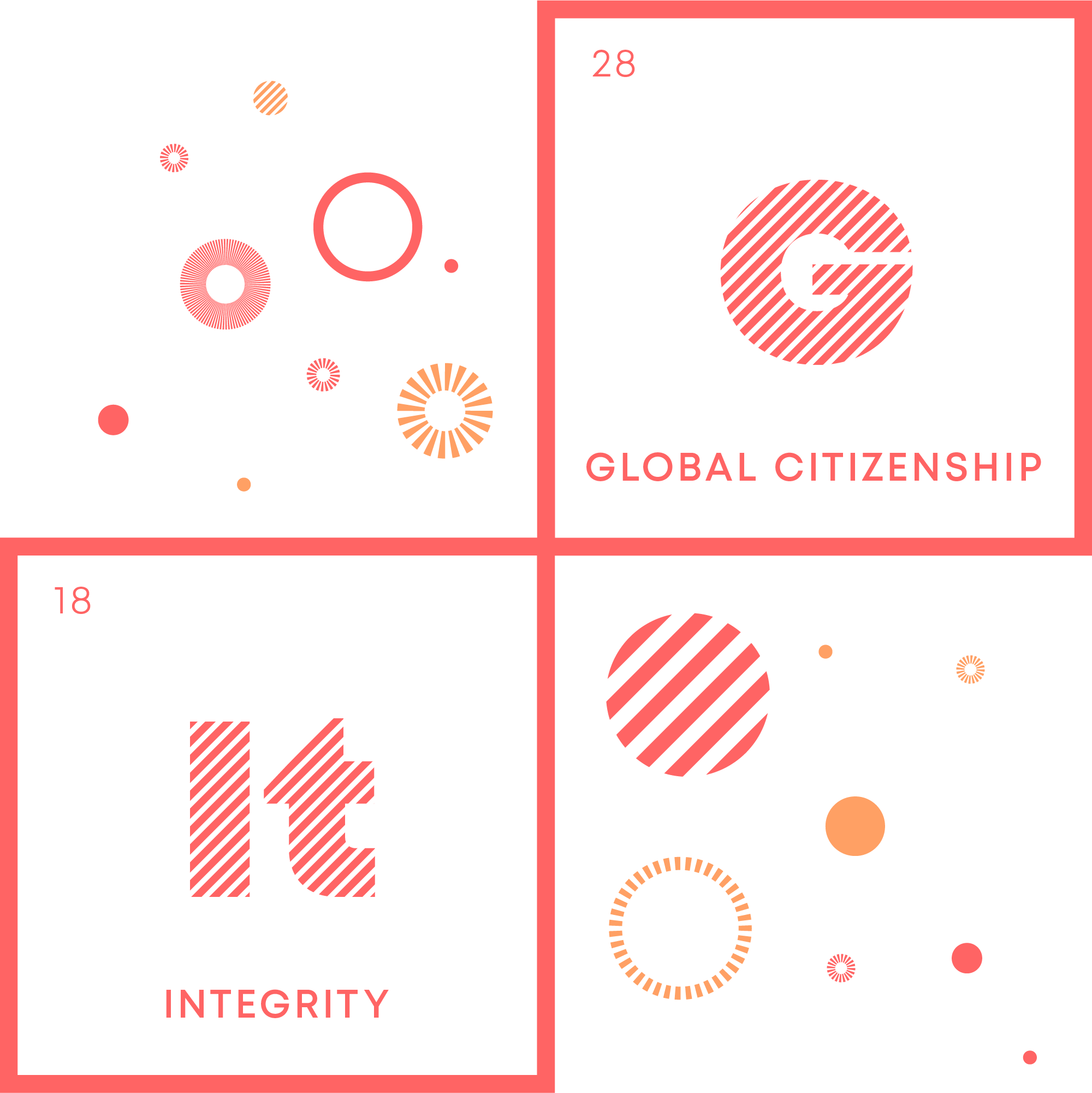At Turning Point, we live by our mission: We open our doors every day to create a dynamic learning community in which each child grows into their best self.
Our commitment to fostering the development of every child to thrive in a complex and interconnected world guides our actions. We cultivate our dynamic, inclusive community with belonging as a prerequisite for thriving.
Belonging is more than participating; it is constructing a place where everyone is deeply accepted for who they are. It means everyone sees themselves reflected in mirrors and learns about others through windows. No one must downplay or renounce parts of themselves in order to feel accepted or to gain access to the full benefits of the community.
Turning Point has made it a strategic priority to create and foster a diverse, equitable, and inclusive community. We use the lenses of equity, inclusion, and antiracism to approach teaching and learning, to guide our relationships with each other and our students, and to ensure that our school policies address systems that underlie inequities.
We invite and expect our community members to challenge stereotypes and to create a space where children can learn to become the types of leaders we need in our increasingly interconnected and complex world—those who hold respect, justice, and love at the center of their orientation.
Thank you for your interest in this important work, which we strive to undertake with never-ending curiosity and unflinching self-examination. I look forward to continuing and evolving our collective, continuing journey in the months and years to come.
Warmly,
![]()
Dr. Laura Konigsberg
Head of School
